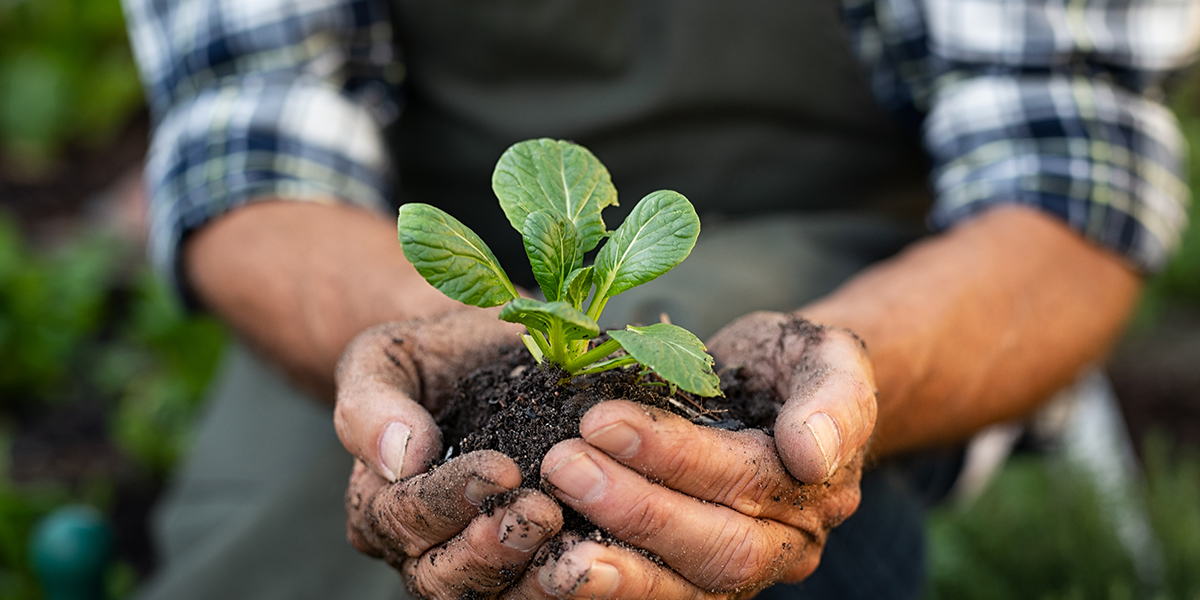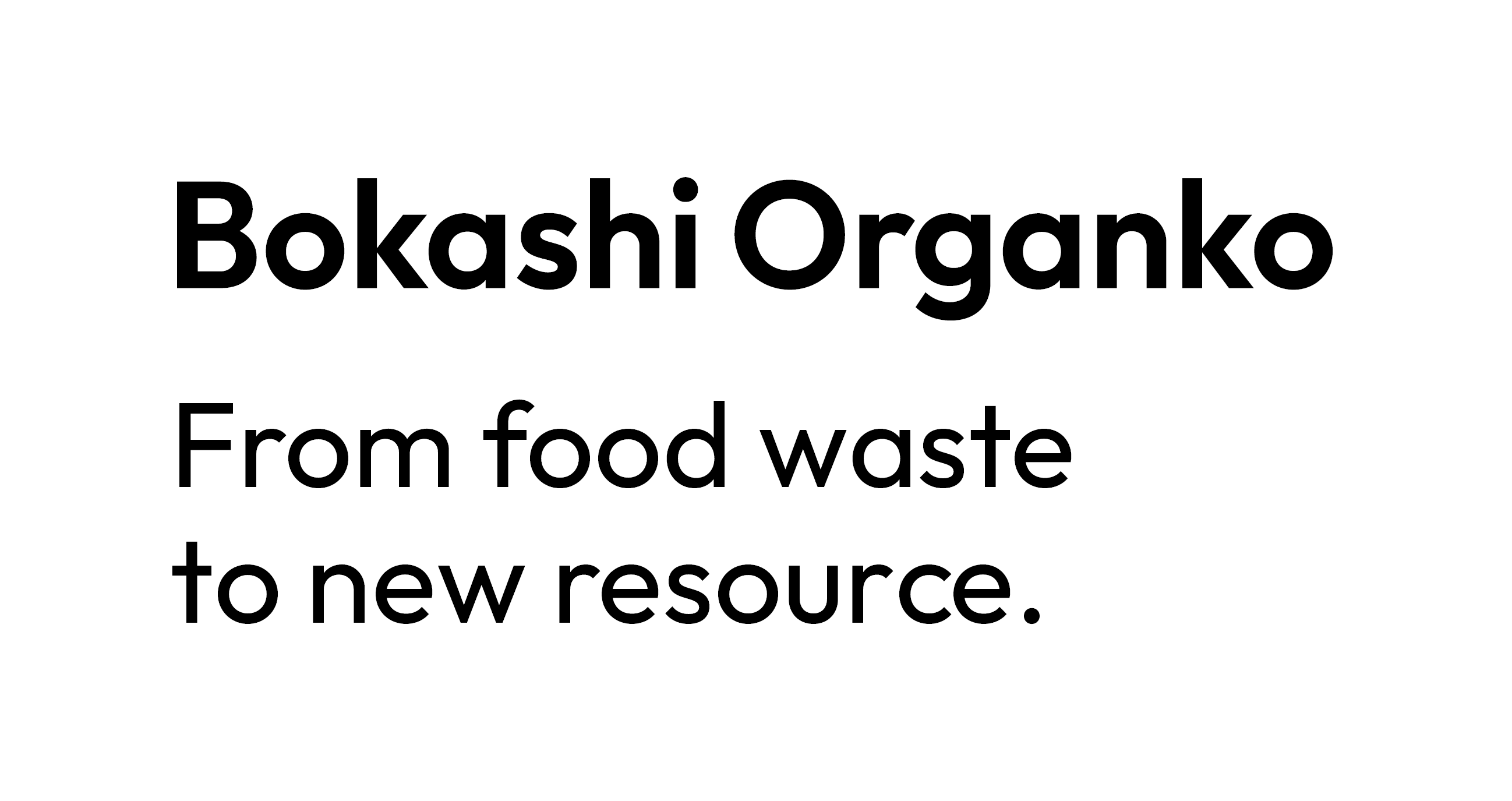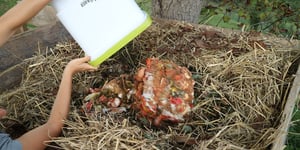We hear many people pose this question: “Why compost if in nature everything works normally?” As such, we want to take a closer look at composting and what makes it so important. The goal is to help even the most skeptical individuals realize that composting is very beneficial for our planet and, thus, our well-being. Therefore, it is something all households, restaurants, and basically, all places that deal with food waste should adopt ASAP.
Nature’s Way vs. Composting
Leaning back to the lessons learned about nature in primary school, we all know that nature has its ways of processing organic stuff. Due to weather conditions and microorganisms, natural materials get processed automatically. Fallen leaves and fruits, plants that die due to various reasons, and animals that pass away, all turn from living organic material to food for microorganisms. Basically, we can look at microorganisms as the last members of the food chain. They do “their thing” mainly in the shallow parts of the soil ground.
Furthermore, after they are done with their “feast,” the “leftovers” bind with the minerals in the ground and form a complex substance called humus. The latter is full of nutrients and thus ready to serve as a soil builder and as food for the plants. And thus, the cycle continues.
So, why compost if nature does its thing so perfectly?
This is a completely legit question, especially since, in nature, we can’t see piles of organic stuff. Luckily, the answer is rather simple. It has to do with our lifestyle, practicality, and eco-friendliness.

We can look at composting as a natural adaptation to humans’ lifestyles. In the long distant past, people lived in closer connection with nature. They moved around a lot and all the organic waste that they produced was easily and naturally recycled. However, as civilizations were created, people started to form areas with greater population density. And this is what we still have today, just on a much larger scale. On top of that, we produce more food waste than ever before. As such, we can’t just throw it around or we’d be soon knee-deep in rooting and partially decomposed organic waste. Not to mention the hygiene problems that decomposing would attract.
Moreover, it is also way more practical to gather food waste in one place than to try and evenly dispose of it daily. Though the positive effects on the soil could be similar, it also wouldn’t enable farmers and gardeners to use it to its best advantage. Essentially, composting represents a way to make these ‘food waste gatherings’ work in our and nature’s favor. Basically, compost serves as a natural soil builder that eliminates the need for natural or synthetic fertilizer, which is not only bad for the environment but can also damage (“burn”) the roots of plants.
Furthermore, you need to keep in mind that while nature doesn’t pile up organic waste, composting still uses the same natural processes. Yes, composting is 100% organic. As such, humus and compost (in its final form) are very similar.
Why compost? [Benefits Of Composting]
Let’s take a look at the key advantages that composting has over the decomposing process in nature.
Key Benefits Of Composting Over The Decomposing Process In Nature
- Decomposition in composting is a lot faster. As such, it produces useful compost fast and also reduces the amount of food waste.
- While the crops are still growing, the composting process is already taking place on the side. Thus getting ready to be used once crops are gathered.
- Hot aerobic composting destroys weed seeds.
- Hot aerobic composting also destroys potentially present pathogenic organisms.
- Compost has a much higher nutritional value density.
- When soil is veiled with dark compost, it is heated much faster in the spring.
- Composting creates a multiplication of beneficial microorganisms that revive degraded soil and support its fertility.
- Composting is done at a certain point (locally) and thus separated from the garden. This prevents from attracting pests (unlike decomposing on the surface would do).
- Composting ensures that the food waste is processed in the most effective way.
- Composting offers an efficient way to keep food waste in the loop.
- It also helps reduce greenhouse gases emotions by capturing them in the final compost product instead of them being released into the atmosphere.

Small Gardeners vs. Larger Farmers
For gardeners, especially those with small gardens, composting is a clear no-brainer. They can produce a sufficient amount of compost for their needs. Thus, they can easily manage their soil’s needs by applying nutritious compost to ensure their crops receive a high level of fertility.
On the other hand, larger farms that have to cultivate large fields, orchards, or vineyards, can rarely cope solely with composting. It is extremely difficult to produce sufficient amounts of compost to cover the needs of such large surfaces. For them, using composting tea is a fabulous solution.
There are many ways to produce composting tea. However, the most common method includes mixing compost with water (unchlorinated) in a 1:10 ratio. Then supplying that mixture with air (normally using aquarium pumps) for about 24-48 hours. Moreover, sugar may be added to the mixture to speed up the multiplication of the microorganisms. As soon as the air pump stops, the composting tea must be sprinkled across the larger garden, orchard, vineyard, or even meadows.
Why compost even if you are not a gardener or a farmer?
Now that you know that composting is a great way to reduce greenhouse gas emissions, reduce organic waste, and produce quality nutrients for gardening and farming, you surely want to jump in on it, right?
Well, if you have a yard, you can easily set up a larger composting unit outside. However, it is still not really practical to carry out your food waste from your kitchen regularly. As such, having a practical composting solution right in your kitchen is definitely worth exploring. Moreover, in case you live in an apartment, then the latter is your only option.
Luckily, we are all about taking the initiative. Instead of just theorizing about what you should do with your organic waste, we actually offer a practical solution. And it is pretty amazing.
In our effort to contribute to food waste reduction and to provide a quality solution to sustainable organic waste management, we created Bokashi Organko. This recyclable 4-in-1 kitchen composting solution is a must-have for every environmentally conscious earthling.
Compost and stay awesome!


